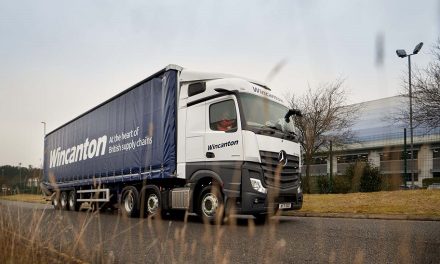
Share offers for Business Post should be returned to sender
There’s a strong chance that Business Post collects, sorts and carries your bank statement – clients include HSBC, Lloyds TSB and NatWest – but that is no reason to take against it.
The parcels and private mail operator has withstood the steady encroachment of e-mail, the loss of a flagship contract with FedEx and surging fuel costs to carve out a niche where it competes profitably against much bigger peers – Royal Mail and TNT, to name but two.
Its UK Mail division now has 15 per cent of the domestic postal market and this year, for the first time since it floated 16 years ago, profits from mail are set to be the biggest contributor to its bottom line.
That is a relief, given the evident pressure on parcels, Business Post’s traditional sphere. Those difficulties are clear in the recent performance of Rentokil Initial’s CityLink division and are also apparent in yesterday’s third-quarter trading statement. Total revenues rose only 3 per cent in the preChristmas period, a sharp slowdown from the 16 per cent growth reported at the half-year stage, implying a third-quarter fall in parcel sales of about 8 per cent. Given that parcel volumes tend to track changes in GDP, further weakness might be expected. The consolation is that declining revenues have been more than offset by cost-saving measures – such as a reduction in the company’s vehicle fleet – with the effect that the division’s operating margins should still rise year-on-year.
Elsewhere, Business Post’s courier business has increasingly moved from ad hoc sales to long-term contracts – it has secured a deal with Orange, for example, to ship handsets in need of repair – which should provide considerable resilience. In mail, about 70 per cent of volumes are noncyclical (those accursed bank statements), while the vigorous pace of contract wins (new customers include Abbey, HBOS and Prudential) should mean that sales continue to grow in double digits – against the 7 per cent decline anticipated yesterday by Royal Mail in its third-quarter statement.
The other attraction is that Business Post is debt-free (it should finish its financial year with more than £3 million of cash), has minimal capital expenditure requirements (about £6 million a year) and provides a 7 per cent dividend yield. There is also an outside chance that at a shrunken stock market value of £137 million, or one third of this year’s forecast sales; Business Post could be mopped up by an overseas rival, notwithstanding the controlling stake held by the founding Kane brothers. The problem is that at 250p, or 11 times next year’s earnings, the shares are up with events.











